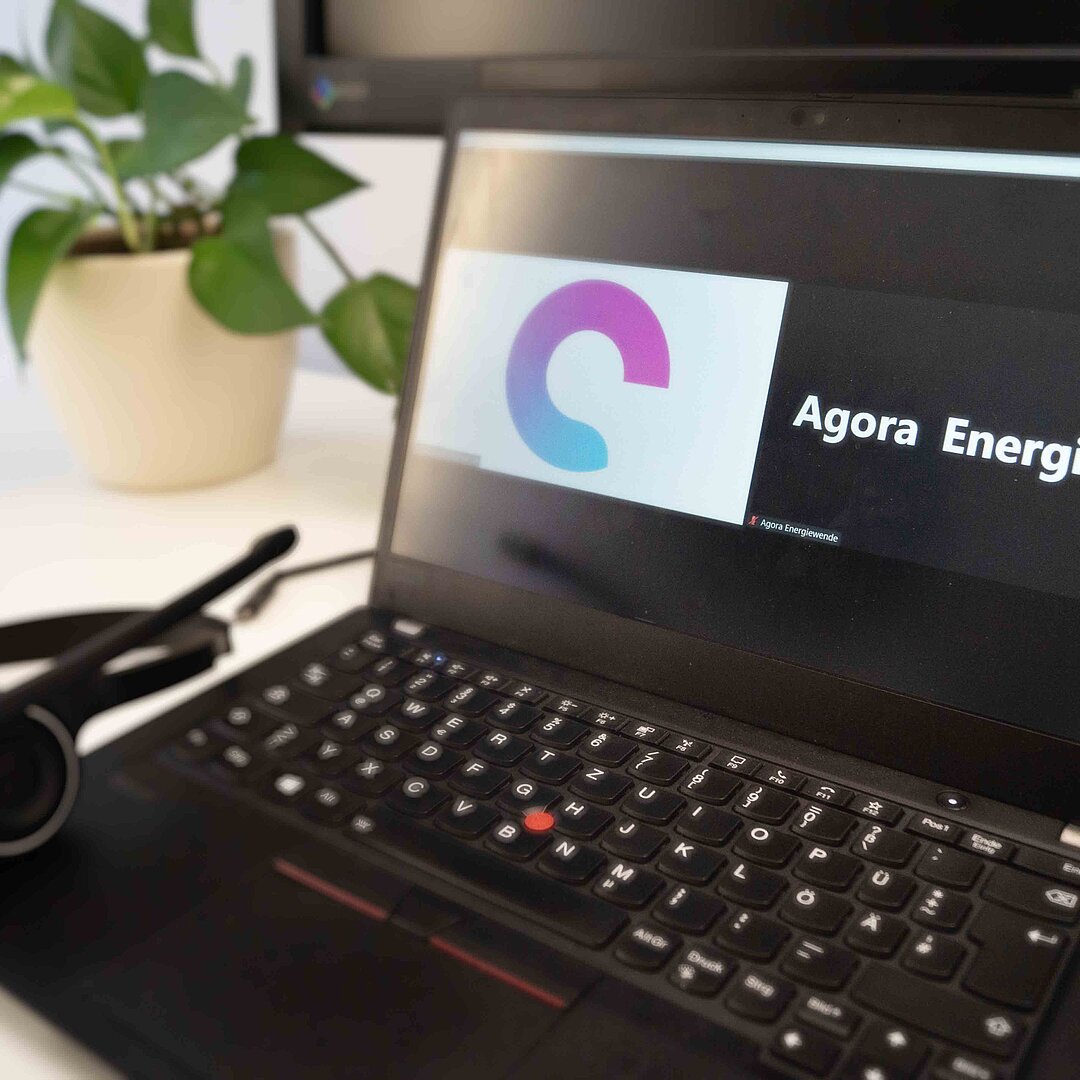-
Slide Deck
pdf 1 MB
Facilitating Green Loans for Sustainable Energy Transition
The case of distributed solar PV (DSPV) and electric vehicle (EV) lending in Pakistan
How Pakistan can kick-start green lending to drive the clean energy transition
Scaling green finance can drive the clean energy transition in Pakistan. To help unlock its potential, Agora Energiewende and the Policy Research Institute for Equitable Development (PRIED) propose a set of policy measures such as strengthening green lending rules and bolstering confidence in the banking sector through risk-sharing mechanisms and the creation of formal secondary markets.

Lending for clean energy solutions such as distributed solar PV and electric vehicles in Pakistan is still in its infancy and banks are reluctant to extend finance for clean energy investment. The growing global emphasis on transitioning towards cleaner sources of power provides an opportunity to generate more funding for sustainable energy solutions.
A new analysis by energy think tanks Agora Energiewende and the Policy Research Institute for Equitable Development (PRIED) identifies measures that could kick-start green lending and overcome challenges in the prevailing lending landscape. The think tanks carried out a systematic analysis on the tailored concessionary green lending facilities in Pakistan, identifying problems linked to implementation of funding schemes and observing hesitance among lending institutions which for its part reduces available funding.
Overall, the study highlights a delivery gap whereby green lending options are available, but implementation and access issues persist. Key constraints include the voluntary regulations of the tailored financing facilities, taxonomy issues, as well as implementation lags. The increasing bureaucratisation and securitisation of loans, driven by perceived risks associated with renewable lending, further exacerbate the challenge of ensuring equitable distribution of green loans by banks.
To address the existing challenges requires a nuanced and adaptable approach, shifting towards ecological sustainability and prioritising environmental and societal benefits alongside financial returns. The transformation towards a more capital-intensive energy system through clean energy investment thus demands careful consideration of innovative financial strategies that effectively address all these challenges to ensure the speed and affordability of this shift.
Agora and PRIED outline policy recommendations to enhance the effectiveness of green lending and accelerate the transition to sustainable energy. They underscore the need to revisit existing regulatory framework governing green financing to ensure a people-centred transition. This includes strengthening existing regulations through improved taxonomy, obligatory financing, and effective implementation of regulations. To address concerns among banks regarding risks of defaults in renewable energy financing, confidence-building measures are essential. Such measures could include establishing effective risk-sharing mechanisms and formal secondary markets for renewable energy products. Collaborative efforts aimed at developing robust risk assessment frameworks and cultivating vibrant secondary markets for green assets are paramount.
Drawing on international best practices, Pakistan can also explore innovative financing mechanisms such as green bonds, revolving funds, and specialized financing schemes with favorable terms to encourage participation. Furthermore, collaborating with international organizations and private entities through Public-Private Partnerships can help to strengthen funding platforms, leverage international funding, and implement guarantor models for risk-sharing in EV charging infrastructure and DSPV projects. Finally, rigorous monitoring and evaluation mechanisms should complement green lending regulations to ensure effective implementation. Integrating monitoring and evaluation as integral components of regulatory frameworks enhances transparency, accountability, and effectiveness in driving the green lending agenda forward.
The above steps aim to help overcome the challenges associated with green lending, promote widespread adoption of renewable energy solutions, and contribute to a sustainable energy future in Pakistan.
The slide deck outlining the study results is available for free download below.


